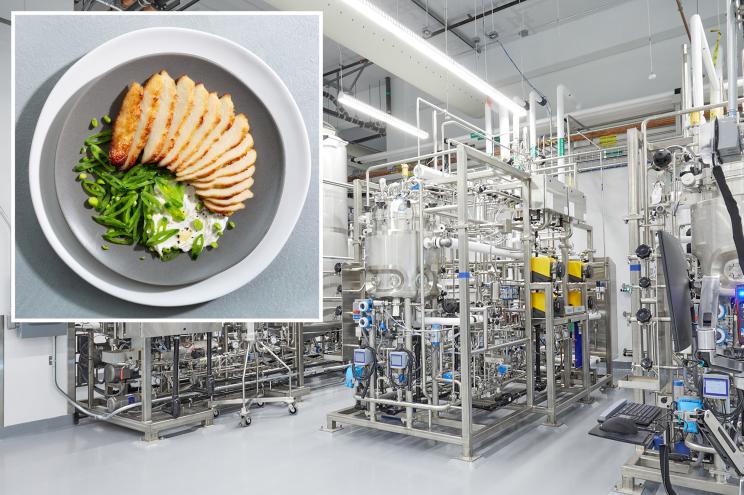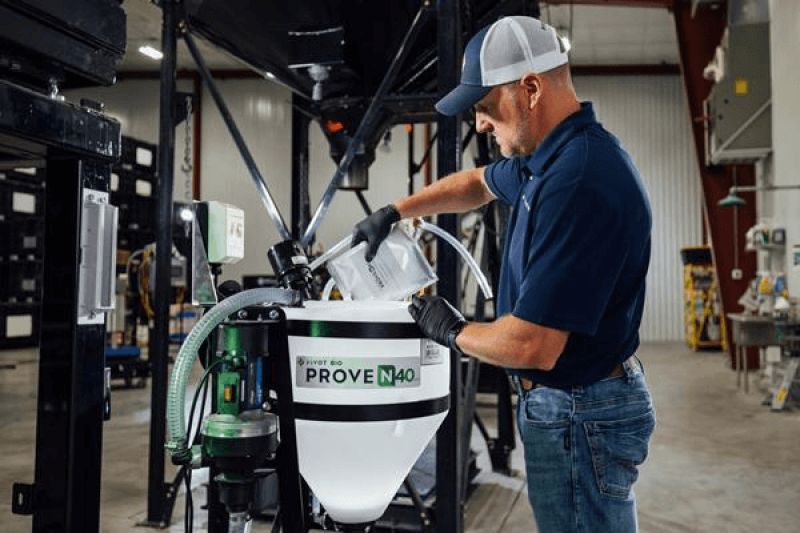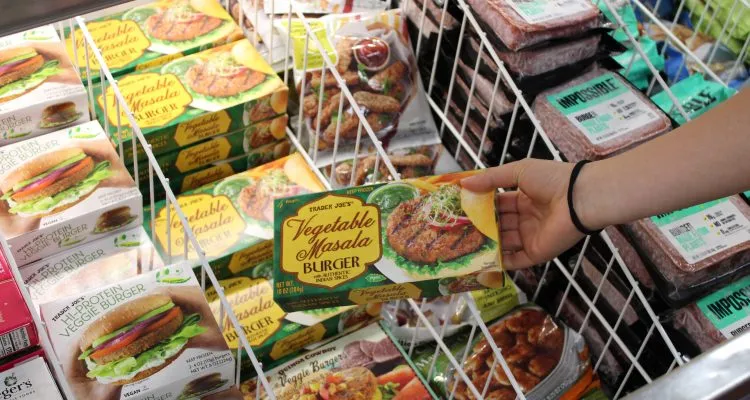The Future of Poultry: SuperMeat’s Cultivated Chicken Revolution
The latest development for sustainable food production comes from SuperMeat, which has only produced 100% cultivated chicken to compete in price with premium poultry. SuperMeat’s 100% cultivated chicken-just $11.79 per pound-is setting a new standard for high-quality, ecologically responsible poultry. With this in place, SuperMeat challenges conventional ways of raising chickens and furthers the cause of cultivated meat as a viable alternative that is in tune with ecology. This milestone is much more than a price point; it is a step toward sustainable, ethical, and scalable meat production that may change our food system.
The Science Behind SuperMeat’s Cultivated Chicken
A blend of 85% muscle and 15% fat is used to prepare the chicken by SuperMeat, thus matching the taste, texture, and nutritional value of conventionally raised chicken. This clean poultry is made by actual chicken cells that are grown in a controlled environment, as enabled by SuperMeat to bring tastes and qualities consistent with traditional chicken-without the animal farming process.

How Cultivated Chicken is Made in Just Two Days
Conventional poultry raising requires about 42 days to grow a single chicken to processing age. In dramatic comparison, the new production from SuperMeat creates three pounds of clean chicken, the equivalent of a whole chicken meat yield, in as little as two days. Growing chicken cells directly will remove the need to raise and process animals, reducing time and resources drastically. All this implies not just a reduction in the production cycle but, equally important, a reduction in the environmental footprint of meat production.
Meeting Premium Standards in Quality and Taste
Beyond the impressive pace of its output, SuperMeat’s chicken meat standards are at par with the best poultry found in the market. Its first-class state-of-the-art cultivation process ensures consistency in quality, with high nutritional value, hence viable for fussy consumers.
Ecological and Ethical Benefits of Clean Chicken
SuperMeat’s clean chicken is more than just a culinary gimmick-it is the answer to some of the hottest open questions of contemporary animal husbandry. As cultivated meat, it can be produced so as to minimize land use, water use, and feed consumption, as well as avoid the widespread use of antibiotics that often occurs in traditional farming.
Bringing the Ecological Impact of Meat Production Down
Cultivated meat manufacturing is ‘greener’ in that it requires far fewer natural resources than land or water. It also produces less greenhouse gas, which causes global warming, compared to traditional chicken farming. On the other hand, SuperMeat’s facility saves resources and reduces the amount of emissions by very far margins. Thus, SuperMeat offers a cleaner way forward for the meat industry.
A Humane Alternative to Traditional Poultry Farming
SuperMeat’s clean chicken offers humane relief to traditional poultry farming. From the growth and development of chicken cells in the lab without the need to raise and process animals, it aids animal welfare; thus, consumer ethics. This appeals to conscious consumers who seek quality meat but won’t compromise their values for taste.
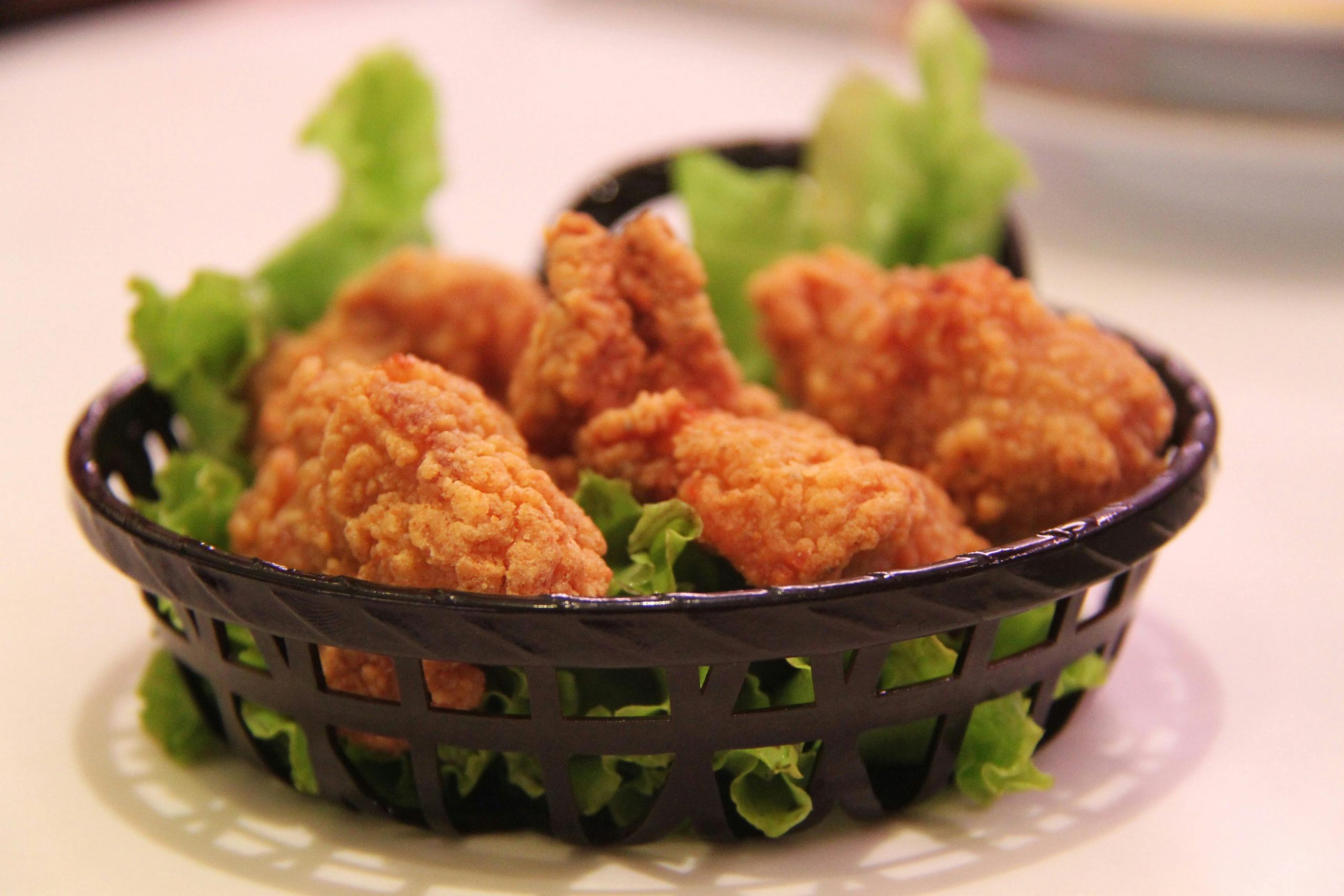
Competitive Pricing: The Game-Changer for Cultivated Meat
One of the single largest hurdles that clean meat products have faced in the marketplace to date is attaining price parity with traditional meat offerings. But in reaching price parity at $11.79 per pound with premium poultry, SuperMeat has brought down the cost of its cultivated chicken-a huge feat for the industry. This new breakthrough pricing marks a sign that clean meat is finally ready to compete in mainstream markets and be more palatable to consumers.
Bringing Cultivated Meat to the Mass Market
Competitive pricing is one of the main ways in which the products can reach mainstream acceptance. If there is even a possibility of SuperMeat being in a position to sell the cultivated chicken at a price comparable to premium options, then the floodgates could well and truly open for cultivated meat to make the move from niche to norm. It would go a long way in making it much easier for more and more consumers to try and then continue with cultivated meat as one of their sustainable choices, thus accelerating its market growth and having a ripple effect across the food industry.
Cultivated Meat as a Long-Term Economic Solution
Scaling up cultivated meat production could have significant economic benefits, from creating new jobs in food technology to reducing costs associated with traditional meat production. As companies like SuperMeat continue to innovate, the long-term economic impact of a cultivated meat market becomes increasingly clear: it offers a more stable, sustainable, and scalable solution to meet global demand.
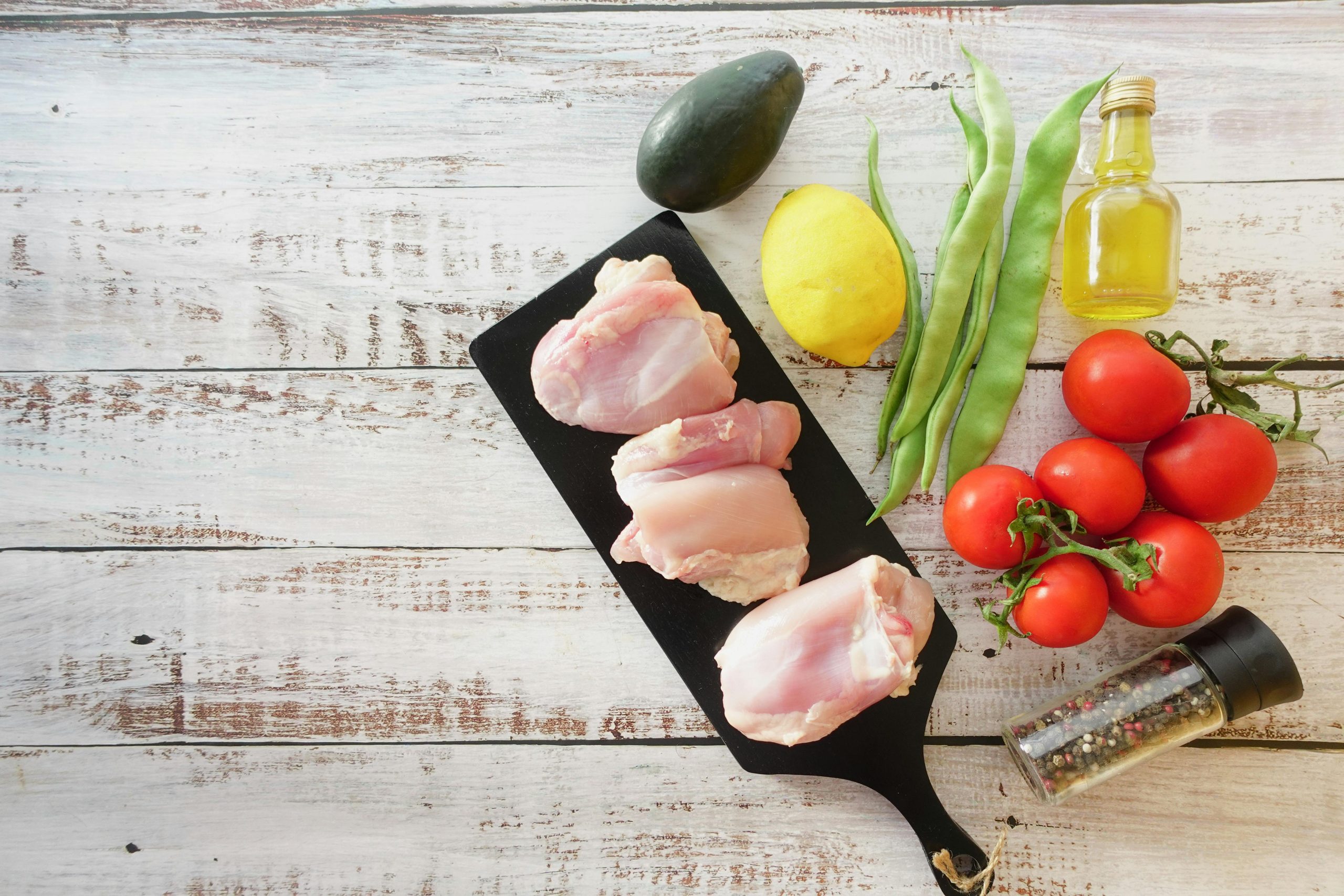
SuperMeat and a More Food-Secure and Sustainable Future
The supply of high-quality, affordable cultivated chicken marks an important shift in food systems. In addition to the already existing challenge of climate change, global populations continue to grow, making already scarce natural resources increasingly strained. For the world to have a resilient food system that will be able to feed everybody in a sustainable way, cultivated meat solutions such as SuperMeat hold the key.
Tackling Challenges of Food Security through Cultivated Meat
Traditional methods of meat production face various risks, from climate-related to outbreaks of diseases. However, cultivated meat is not at risk from these and can provide a secure and steady supply. Due to the low usage of resources, SuperMeat’s technology can therefore help in stabilizing food supplies and ensure access to high-quality protein across populations worldwide.
Meeting Global Protein Demand Without Compromise
Global demand for protein will be continuing to grow sharply in the coming decades, powered by rising population and developing economies. To feed this demand in a sustainable manner, innovative approaches, such as clean meat, that can provide the highest quality and quantity with far less use of our natural resources are required. The latest developments at SuperMeat clearly show how food industries can innovate and feed global needs while keeping environmental integrity intact.
Ahead Lies the Road: SuperMeat’s Vision for a Sustainable Food Future
SuperMeat’s chicken does not present simply a substitute for traditionally raised poultry but carries within itself an epitome of a prospect for a world with ethical, sustainable, and universally available meat. Its success will set the stage for future actions in the industry of cultivated meat as the industry scales further.
Continuous Innovation and Market Expansion
With this breakthrough, SuperMeat has put itself at the vanguard of the cultured meat industry, but that’s not even close to all. As the company continues to hone its processes and find further uses for cultured meat technology, its place within the food industry will grow. In the future, as consumer interest in sustainable options continues to rise, SuperMeat will be very well-positioned to drive that.
Consumer Education and the Adoption of Cultivated Meat
Showing consumers the various benefits derived from using cultivated meat is fundamental to its wider acceptance. SuperMeat’s openness in regard to their methods of cultivation and their strict adherence to quality control make the products more relatable and understandable to the consumer. SuperMeat effectively communicates to the consumer and creates awareness of the several beneficial reasons for choosing cultivated meat: ethical, environmentally friendly, and healthier.
Conclusion: SuperMeat’s Cultivated Chicken – a milestone in the meat industry.
SuperMeat’s affordable, premium-quality chicken at $11.79 a pound represents a monumental step forward in food production that is properly sustainable. By making cultivated chicken accessible, ethical, and good to the environment, SuperMeat changes what is possible within the meat industry. As demand continues to rise for sustainable food solutions, innovations like SuperMeat’s cultivated chicken give a vision into hope for a food system that will be able to meet the needs of people and the planet alike.






